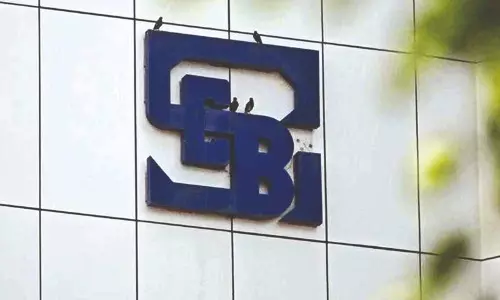Sebi introduces threshold-based framework to assess materiality of related party transactions

New Delhi: Markets regulator Sebi has introduced a new threshold-based system to determine the materiality of related party transactions (RPTs), linking limits to a listed company’s annual consolidated turnover. The revised framework also eases audit committee approval norms for RPTs undertaken by subsidiaries and simplifies disclosure requirements for smaller transactions.
The changes aim to resolve practical challenges, reduce ambiguity and balance investor protection with ease of doing business under the Listing Obligations and Disclosure Requirements (LODR) norms.
Under the new norms, for companies with turnover up to Rs 20,000 crore, an RPT will be considered material if it exceeds 10 per cent of annual consolidated turnover. For companies with turnover between Rs 20,001 crore and Rs 40,000 crore, the threshold will be Rs 2,000 crore plus 5 per cent of the amount exceeding Rs 20,000 crore.
For entities with turnover above Rs 40,000 crore, the materiality limit will be Rs 3,000 crore plus 2.5 per cent of turnover beyond Rs 40,000 crore, capped at an upper ceiling of Rs 5,000 crore to safeguard minority shareholders.
Previously, all listed companies followed a uniform threshold — RPTs exceeding Rs 1,000 crore or 10 per cent of annual consolidated turnover, whichever was lower. Stakeholders had argued this “one-size-fits-all” approach ignored differences in scale and business models, prompting the need for a more calibrated structure.
Sebi has also eased disclosure requirements for smaller RPTs. If the total value of transactions with a related party in a financial year, including ratified items, does not cross 1 per cent of annual consolidated turnover or Rs 10 crore (whichever is lower), companies may provide a simplified set of disclosures for audit committee and shareholder approval. This reduced disclosure format is less detailed than the one currently mandated.
Further, Sebi clarified norms on omnibus approvals for material RPTs. Shareholder approvals granted at an annual general meeting will remain valid until the next AGM, while approvals granted at any other general meeting will be valid for up to one year from the date of approval.



